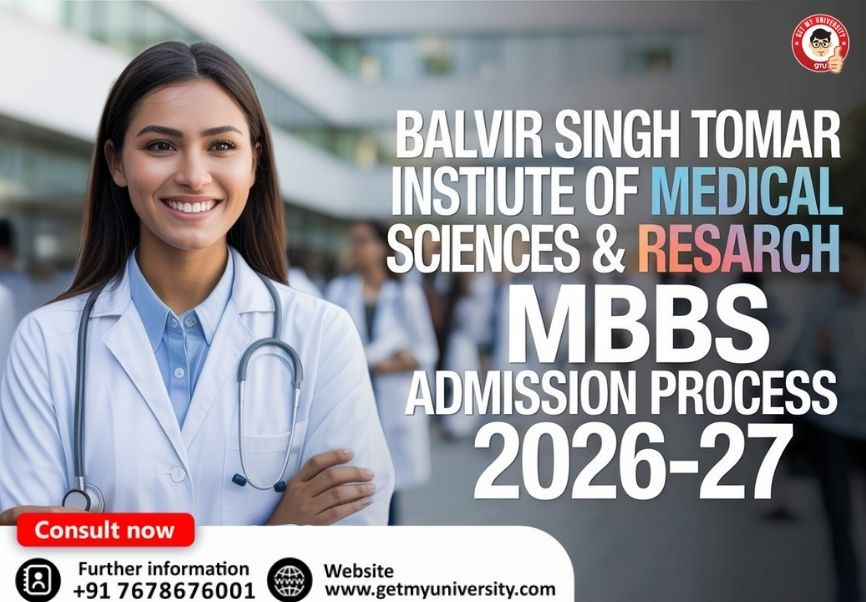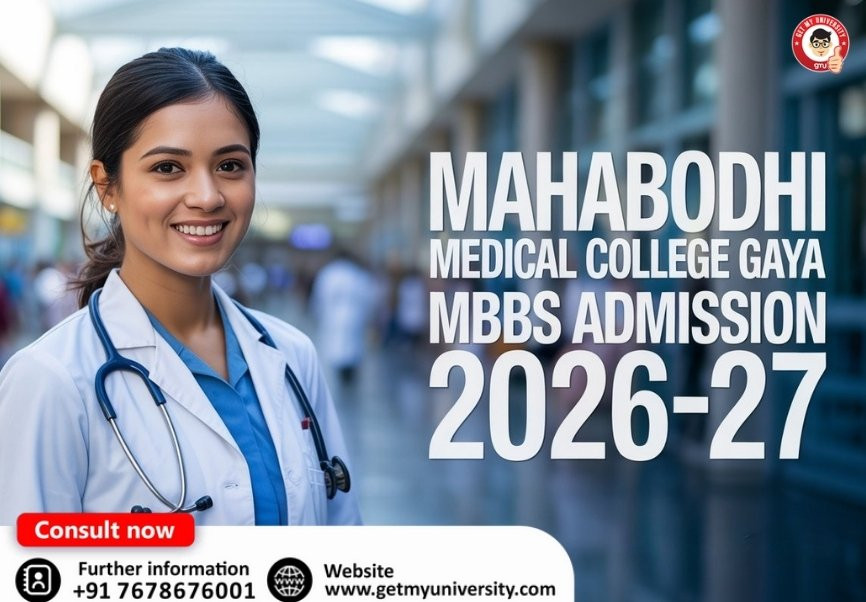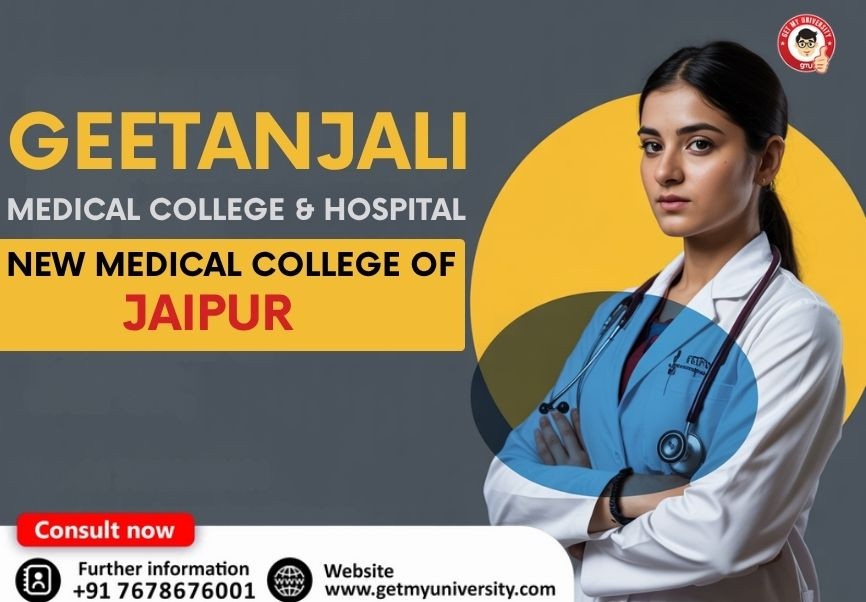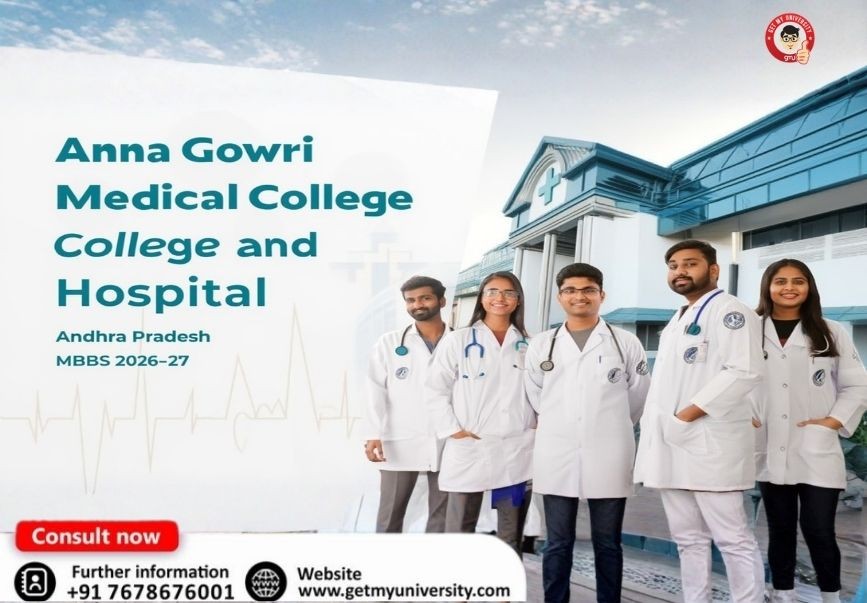What is NEET UG 2025 Qualifying Marks?
NEET UG 2025 Qualifying Marks represent the minimum score a student must achieve in the National Eligibility cum Entrance Test (NEET UG) to be considered eligible for admission into MBBS, BDS, and other undergraduate medical programs in India.
Qualifying Marks in NEET UG 2025 marks are set by the National Testing Agency (NTA) and are used to evaluate a student’s performance in comparison to others. For students in the General and EWS categories, the qualifying mark is the 50th percentile, while for those in the OBC, SC, and ST categories, it's the 40th percentile. For General-PwD candidates, the qualifying criteria may vary slightly.
It's important to note that scoring above the qualifying mark simply makes a student eligible for the merit list however, it does not guarantee a seat. Final admission depends on several factors including the student’s overall rank, seat availability, reservation policies, and the counselling process.
NEET UG 2025 Tentative Qualifying Marks
The qualifying marks for NEET UG vary each year and are not fixed. These changes mainly depend on two factors: the total number of candidates appearing for the exam and the overall difficulty level of the question paper. If the exam is relatively tough, the cutoff may go lower; if it’s easier and more students perform well, the cutoff can rise accordingly. Therefore, the qualifying marks are announced after analyzing the exam trends and student performance for that particular year.
| Category | 2021 | 2022 | 2023 | 2024 | 2025 |
| General | 138 | 117 | 137 | 162 | *127 – 135 |
| OBC | 108 | 93 | 107 | 127 | *105 – 110 |
| SC | 108 | 93 | 107 | 127 | *105 – 110 |
| ST | 108 | 93 | 107 | 127 | *105 – 110 |
| General PH | 122 | 105 | 121 | 144 | *115 - 120 |
NEET UG 2025 Exam Pattern
The NEET UG 2025 exam pattern consists of a total of 180 questions, carrying a maximum of 720 marks. The paper is divided into three main sections: Physics, Chemistry, and Biology. Both Physics and Chemistry sections contain 45 questions each, with each section contributing 180 marks to the total score. Biology, being a major part of the syllabus, is further subdivided into Botany and Zoology and includes 90 questions in total, accounting for 360 marks. Each question in the NEET exam carries 4 marks, and there is a negative marking of 1 mark for each incorrect answer.
This structured distribution ensures a balanced assessment of a candidate’s knowledge across all major science subjects relevant to medical studies. Understanding this breakdown is crucial for students to plan their preparation and allocate time effectively across all subjects.
| Category | Number of Marks & Questions |
| Physics | 45 Questions for 180 Marks |
| Chemistry | 45 Questions for 180 Marks |
| Biology | 90 Questions for 360 Marks |
| TOTAL | 180 Questions for 720 Marks |
Consult Team Get My University
If you're worried about scoring low in the tough NEET UG 2025 exam but still dream of getting into a top medical college, don’t stress Team Get My University (GMU) is here to help. With over 11 years of experience in medical admissions, GMU has explored and evaluated numerous colleges across India to find the best fit for students based on their score, budget, and preferences.
Whether your NEET score is high or not, Team GMU guide you through all the possible options to secure a seat in a reputable medical college. So, trust the experts at GMU with your MBBS admission journey, you’ll be in good hands, and one step closer to becoming a doctor.
Wishing all MBBS Aspirants a very good luck from Team Get My University.
For more information, you can call us at +91 7678676001 or write your query at info@getmyuniversity.com



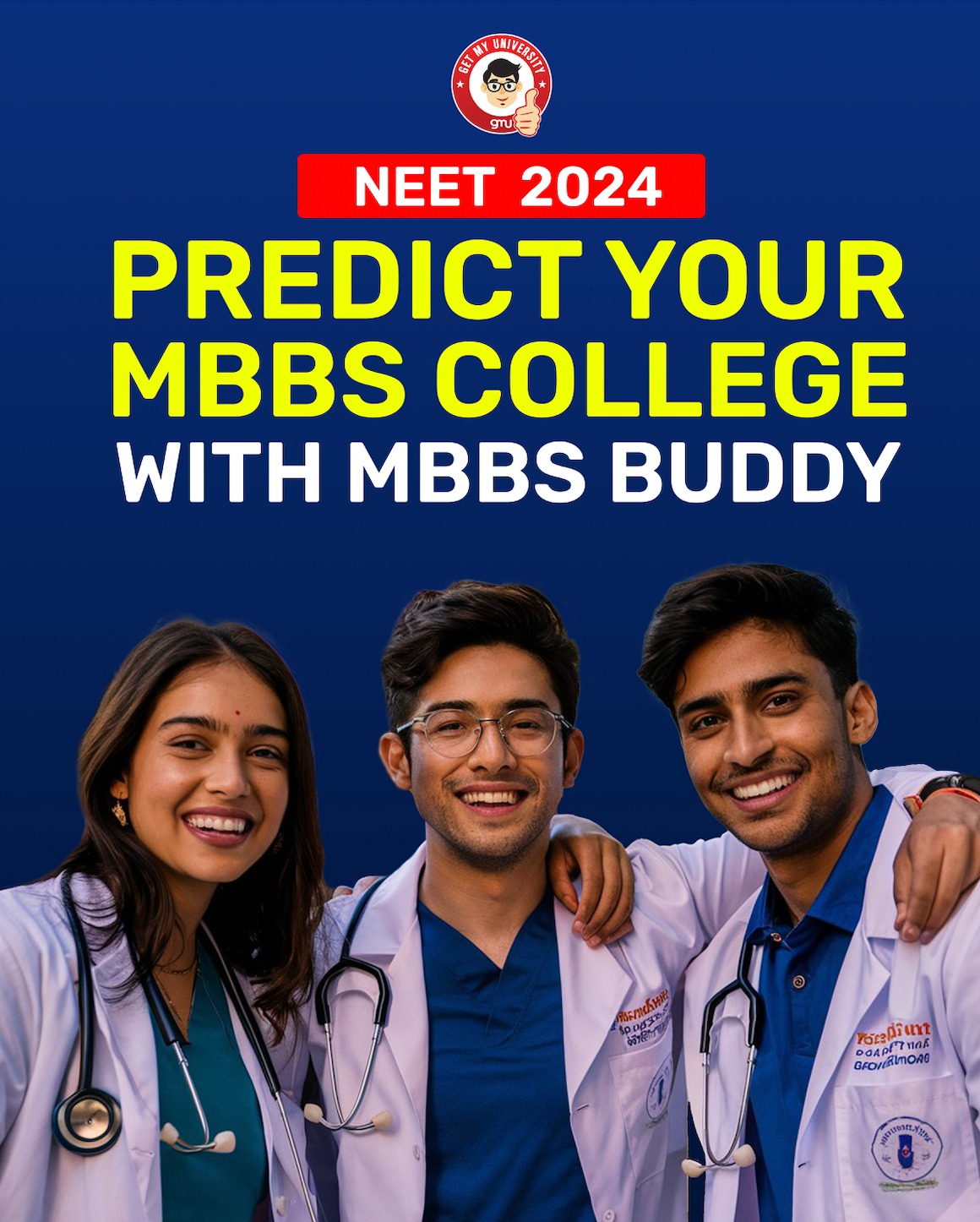

.jpg-12992.jpg)
.jpg-24397.jpg)

